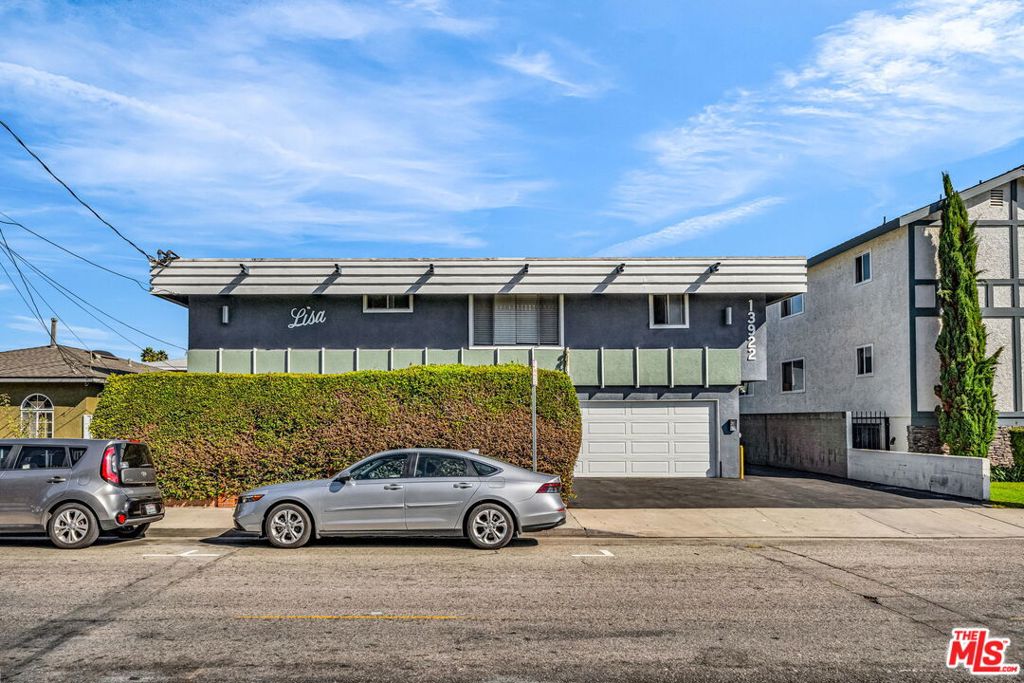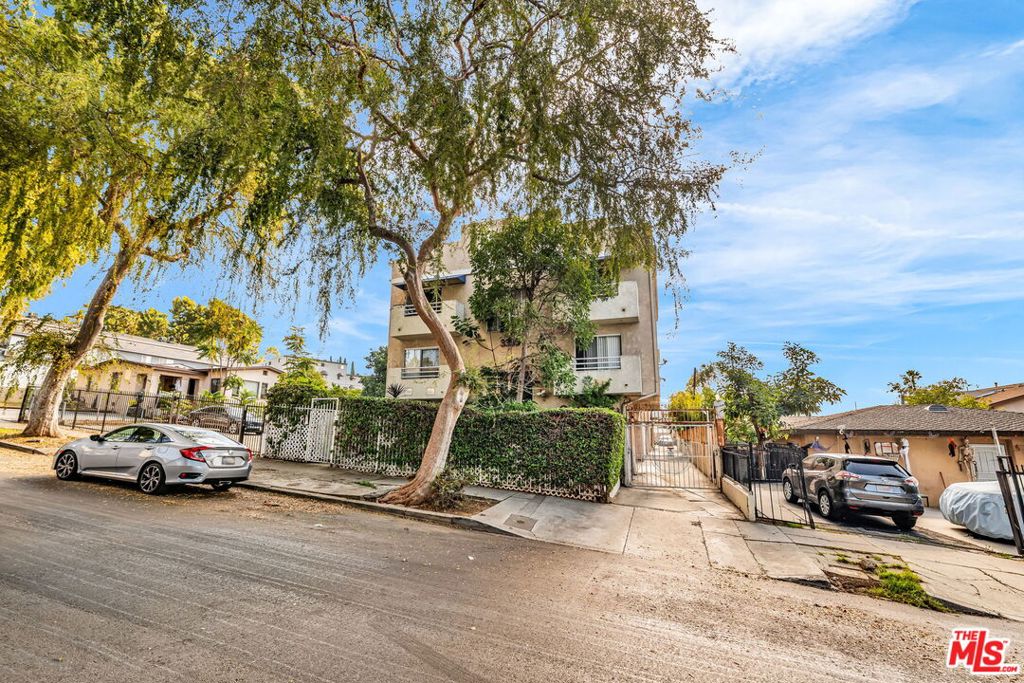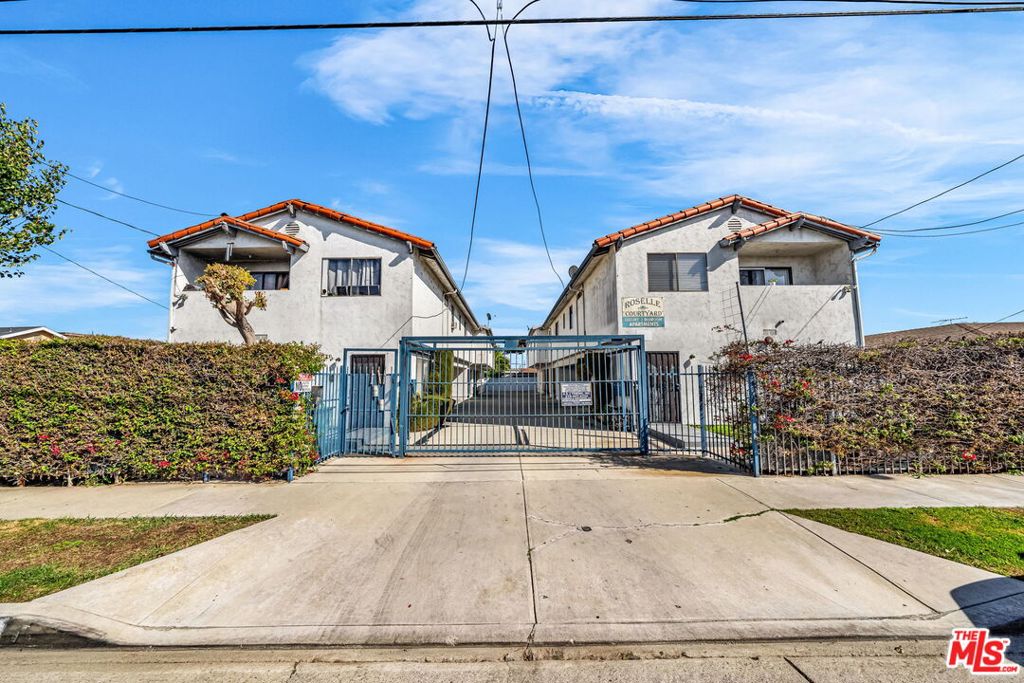As a real estate agency specializing in probate property, we are always on the lookout for rental trends for our clients. Many buyers and sellers of probate and trust properties want to know what’s ahead. The trend is up. Inflation is breathing down our necks, and the latest COVID variants have everyone on edge. Here’s what’s going on.
California Fair Market Rents
From RentData.org, we can tell you that rents in California are the fourth highest in the nation. This organization tracks FMR—Fair Market Rent—for the entire country and is designed to determine a standard for rental payments for Section 8 housing and other governmental-assisted housing programs. What’s scary? The FMR’s are at the 40th percentile rates in an area, and they are below the median. A rental at the 50th percentile in the area would be at the median, meaning half of all rentals are below, and half are above.
Look at the rates for a few California counties on the RentData.org site. Studios (“0 bedrooms”) in Los Angeles County rent for $1369 a month for a Section 8 unit. That means 60% of all rentals are above that—for a studio. A three-bedroom home Section 8 rents for $2,748 per month. More than half of all three-bedroom homes would rent for significantly more. Before you get excited, the laws of supply and demand still apply. And the three rules of real estate overshadow everything. Location. Location. Location.
Regular California Rents Have Gone Up
In another recent article (11/23/21 USA TODAY), it was shown that rents in a few areas of Southern California have gone up by as much as 65% in the last year—in small cities especially. What does this mean for people buying probate properties today? It might mean they can charge some pretty decent rents. The homes in the probate and trust market have gone up in price also. We’re sure you’re aware of the prices of homes in all of the United States. Probate and trust homes are no different. Prices in “normal” homes in Southern California have increased. According to Norada Real Estate Investments, “The median home price in Southern California has risen by double digits for the fifteenth month in a row.” Although the Year-to-Year sales have seen a “12.7% decline in sales of existing single-family homes.”
The problem remains. The housing shortage in California causes low home “affordability” as seen in our November 16, 2021 CREM Group post on Senate Bills 9 and 10. High prices for homes = high rents.
Limits to APARTMENT Rent Increases in California
According to the January 1, 2020, Tenant Protection Act (TPA) in California, apartment rental increases must be kept to a maximum of 5% per year, plus the applicable average growth in the cost of living (otherwise known as the Consumer Price Index, CPI) to allow for inflation. After calculating the highest allowed increase, the landlord is still limited to 10% in any given year, making it so the provision is sometimes called the “rent cap.” The CREM Group represents both single-family probate and trust homes and commercial properties (like apartment buildings) as well.
The moratorium on evictions due to COVID-19 was lifted as of September 30, 2021, and it is essential to realize the tenants are still trying to pay back past rents from the pandemic. Working with tenants is good business and helps society while preventing homelessness several families at a time. Besides, the Omicron variant is still an unknown!
Rent Control Does NOT Apply to the Following
In general, California rent increase laws are meant for multi-family apartment complexes. Several exemptions include:
- Single-Family Residences (SFRs)
- Condominiums
- Owner-occupied duplexes
- Mobile homes
- Dormitories on school, college, and university campuses
- Hotels
- Property run by non-profit organizations
- Property subject to pre-existing local ordinances
It’s wise to see if your property qualifies for an exemption and apply for that exemption. The California Association of Realtors (C.A.R) can provide recent forms and information to ensure you are notifying your tenants of your exemption in a timely fashion.
Landlord Relief
Suppose you have been unable to collect rents. In that case you might want to know about California Housing Provider Landlord Relief, which provides financial assistance for unpaid rent to residential landlords with eligible tenants. If the tenants fall into the correct category, Landlords can recoup 100% of outstanding COVID-19 rents going back to April 1, 2020. The C.A.R. has directions, resources, forms, videos, and flyers to guide landlords in English, Chinese, Korean, Spanish, Tagalog, and Vietnamese through the relief program that runs through March of 2022, or until the funding is depleted.
Bottom Line
Rents and property prices have skyrocketed over the last year. The pandemic is not over yet, and employment is still unstable. Housing in California continues to be a problem. Be sure to consult with an excellent real estate attorney for any property-related issues. They can help you identify your property as one that is exempt from rent control and make sure you are abiding by all applicable laws. In any case, it is a good idea to have an attorney ensure you have notified any tenants (apartment or residential) of a rent increase in writing with the proper information as it avoids problems down the line.
Also, it is easy to think that rents can be increased “because everything is going up.” But it’s still wise to check local changes, such as companies moving into or out of the area, property developments that may change supply within six months, and even crime statistics, altered university policies, or anything else unique to the neighborhood. Home prices and rents can be heavily affected by things that are not in your control but that you can plan for if you do your homework. The CREM GROUP can augment your research with “heard-on-the-street” information you may not find on a Google search. Call us!
Our advice?
If you can find a good probate or trust home and can afford the down payment and the wait, it’s probably a good time to invest in property of any kind. People always need somewhere to live. As a property owner with a track record of ownership and sound investing practices, you might be better off purchasing probate and trust properties than “normal” properties. It’s not a guarantee, but starting your real property investment kingdom with probate properties can fund your retirement.
ASK US!
We at the CREM Group have been handling probate real estate transactions for both residential and commercial properties in Los Angeles and Orange Counties for years now. We try to ensure that we support our clients, so they know the legal and tax aspects of selling their probate, trust, and conservatorship homes in California. We also try to make our readers aware of the many trends in probate real estate and related issues.
As always, contact us by email here if you have any questions about real estate, probate real estate, conservatorship, or trust real estate properties, especially in Los Angeles and Orange Counties in California. Or directly:
Mark Cianciulli, Esq. [email protected]
DISCLAIMER: This content is meant purely for educational purposes. It contains only general information about real estate and related matters. It is NOT legal advice and should not be treated as such. We recommend consulting a legal or tax professional before acting on any material, opinion, or point of view described herein.
#RealEstateTrends #ProbateHomes #ProbateRealEstateAgents #Trusts #FairMarketRent #CaliforniaAssociationofRealtors #RentControl #TenantProtectionAct #LandlordRelief #Affordability #Homelessness



